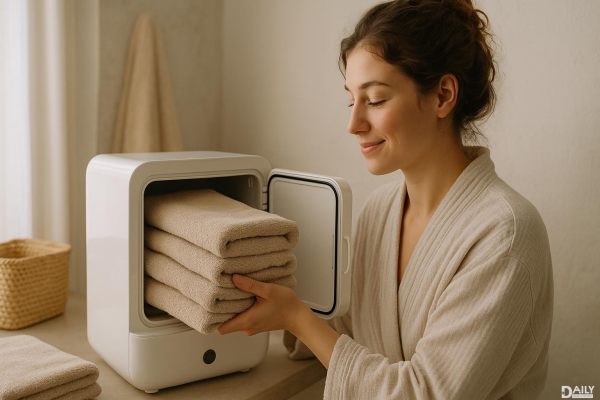Bad dreams can be more than just a random nuisance—they might actually be linked to how you're sleeping. If you're constantly waking up from nightmares, your sleep position, especially back sleeping, could be the sneaky culprit. The reason? It all comes down to how your body breathes when you're sprawled out on your back. When you're in that position, your tongue can slide backward, making it harder to breathe smoothly. This slight obstruction, combined with the natural changes in breathing during REM sleep, can jolt you awake just enough to remember those unsettling dreams. So if you're tired of your brain serving up horror movies at night, it might be time to rethink your sleep setup.
Why Back Sleeping Triggers Nightmares
Sleeping on your back isn't inherently bad—some people do it without any issues. But for others, it can turn dreamland into a nightmare factory. The key factor here is airway obstruction. When you're lying flat, gravity pulls your tongue and soft palate backward, narrowing your throat. This makes breathing more of a workout, especially during REM sleep when your body naturally paralyzes most of your muscles (including those that help you inhale and exhale). The struggle to breathe can cause micro-awakenings—brief moments where you shift from deep sleep to lighter sleep. And since nightmares happen in REM sleep, waking up during this phase means you're more likely to remember them. If you're someone who already deals with mild sleep apnea or acid reflux, back sleeping can make things worse, increasing the odds of those unwelcome dream interruptions.
The Science Behind Breathing and Dream Recall
Dreams, whether good or bad, are usually forgotten unless something wakes you up mid-dream. That's why sleep disruptions—like snoring, sleep apnea, or even just an uncomfortable position—can make nightmares feel more frequent. When your brain detects that your breathing is labored, it nudges you toward lighter sleep to fix the problem. This transition is often the moment when dream content gets seared into your memory. Research has shown that people with sleep-disordered breathing report more nightmares than those who sleep soundly. So if you're a back sleeper who frequently remembers bad dreams, your brain might be sounding the alarm (literally) about your airflow.
Could It Be Sleep Apnea or Acid Reflux?
If switching positions doesn't help, there might be an underlying issue like sleep apnea or GERD (gastroesophageal reflux disease) at play. Sleep apnea causes repeated pauses in breathing throughout the night, often due to a blocked airway. These interruptions can trigger nightmares as your brain tries to wake you up to breathe. Acid reflux, on the other hand, can cause stomach acid to creep up your throat when you're lying flat, leading to discomfort that pulls you out of deep sleep. Both conditions are more problematic when you're on your back, so if you suspect either one, a doctor's visit is a smart move. A sleep study or pH monitoring test can help pinpoint the issue.
How to Stop the Nightmare Cycle
The easiest fix? Try side sleeping. It keeps your airway more open and reduces the chances of both breathing troubles and acid reflux. If you're a chronic back sleeper, training yourself to stay on your side might take some effort. Propping a pillow behind your back or using a body pillow can help. Another trick: sew a tennis ball into the back of your pajama top—it’s uncomfortable enough to keep you from rolling onto your back but not so annoying that it’ll ruin your sleep. Beyond position changes, winding down before bed with relaxation techniques (think deep breathing, meditation, or gentle stretching) can lower stress levels, making nightmares less likely. And if all else fails, cutting back on late-night snacks and alcohol—both of which can worsen reflux and disrupt sleep—might be the game-changer you need.
Nightmares might feel like they're out of your control, but small tweaks to your sleep habits can make a big difference. If back sleeping is the issue, switching positions could be the simple fix that finally lets you wake up refreshed—not freaked out. And if the problem runs deeper, getting checked for sleep apnea or reflux can help you tackle the root cause. Either way, peaceful sleep is within reach—you just have to find the right approach for your body.
























